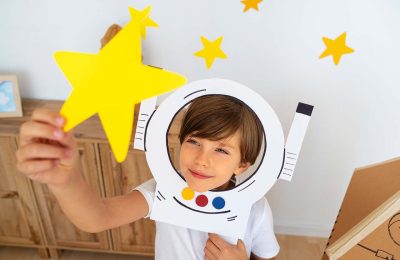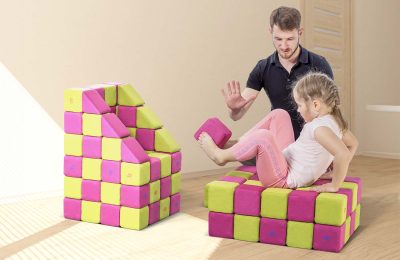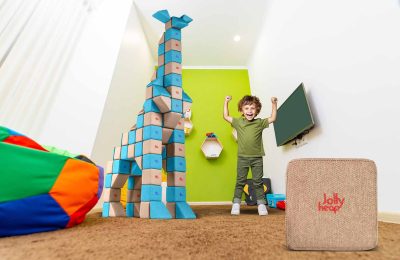10 Benefits of Soft Play for Toddlers
Soft play, an indoor playground filled with colorful foam pieces, slides, and obstacles, offers much more than just a safe environment for toddlers to explore. It’s a vibrant world where little ones can dive into adventures that are not only fun but incredibly beneficial for their development. From sensory experiences that enhance brain development to opportunities for improving motor skills, soft play areas are designed to support the growth of toddlers in a multitude of ways. With the increasing awareness among parents regarding the importance of early childhood development, soft play serves as an ideal activity for toddlers. It encapsulates the essence of learning through play, which is fundamental during these formative years.
In this blog, we’ll explore the top 10 benefits of soft play for toddlers, shedding light on why it’s much more than just an entertaining day out.
Benefits of Soft Play for Toddlers
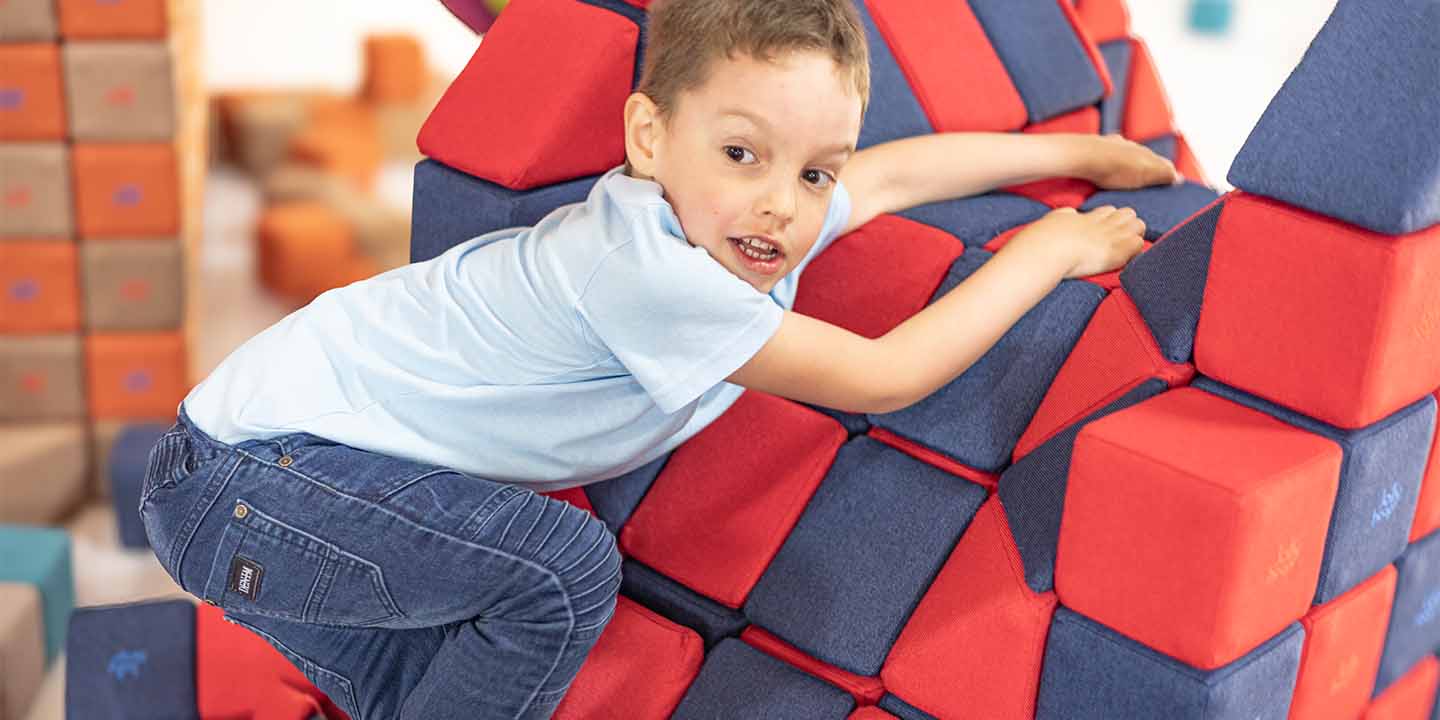
Soft play areas, designed with vibrant colors, various textures, and dynamic spaces, offer toddlers an immersive experience that is not just fun but also significantly beneficial for their overall development. Let’s delve into the top benefits these play environments provide to our little ones.
Enhanced Sensory Development
Soft play areas are sensory havens for toddlers. They are filled with a plethora of textures, from the smoothness of slides to the squishiness of foam blocks, which engage a child’s sense of touch. The bright colors and varied shapes stimulate their vision, helping in the development of visual-spatial awareness. Moreover, the sounds of laughter, music, and the rustle of ball pits enrich their hearing experience. This multisensory engagement is crucial for toddlers as it aids in the development of their sensory processing skills, making them more adept at understanding and navigating their environment.
Improved Motor Skills
The diverse structure of soft play areas, including tunnels to crawl through, steps to climb, and spaces to run, naturally encourages toddlers to move in new ways. This variety of physical activity is instrumental in developing both gross motor skills, such as jumping and running, and fine motor skills, like grasping and manipulating objects. Challenges presented in these play areas, such as balancing on a beam or navigating through obstacles, also enhance their coordination and agility. Engaging regularly in soft play helps toddlers build a strong foundation for physical activities and coordination in their later years.
Social Interaction Skills
Soft play areas are bustling with activity and are often visited by many children at a time. This setting provides toddlers with a prime opportunity for social interaction. They learn to share equipment, take turns, and play collaboratively in group settings. Such interactions are fundamental in teaching toddlers about empathy, cooperation, and understanding social cues. Being in a shared play space helps them learn to navigate social dynamics, an essential life skill that lays the groundwork for healthy relationships in the future.
Cognitive Development
The challenges and opportunities for exploration present within soft play areas foster cognitive development in toddlers. Finding their way through mazes or solving how to climb a particular structure encourages problem-solving skills and logical thinking. The cause and effect relationship is another cognitive aspect toddlers explore in soft play areas, such as discovering that jumping in the ball pit creates a specific sound or sensation. These experiences contribute to an increase in their cognitive flexibility and memory, underpinning intellectual growth.
Emotional Regulation
Soft play offers a controlled but challenging environment where toddlers can experience a range of emotions, from excitement and joy to frustration and disappointment. Encountering minor setbacks, like struggling to climb up a ladder, and then overcoming them, helps toddlers understand and manage their emotions. It also enables them to learn coping strategies and resilience, important aspects of emotional regulation. Moreover, the fun and successful moments share in these play areas contribute to developing a positive self-image and confidence.
Physical Fitness
In a world increasingly predisposed to sedentary lifestyles, soft play areas offer a delightful way for toddlers to engage in physical activity. The dynamic environment encourages running, jumping, and climbing, which are excellent cardiovascular activities. Regular visits contribute to maintaining a healthy weight and developing strong bones and muscles. Physical fitness from an early age paves the way for a healthy lifestyle, making soft play a fun and beneficial outing for toddlers.
Creativity and Imagination
The imaginative play is a significant part of the soft play experience. With structures that resemble castles, spaceships, or undersea worlds, toddlers are transported into realms of their imagination. This setting allows them to create stories, role-play, and explore endless possibilities, fostering creativity and divergent thinking. Encouraging creative play in such an immersive environment aids in the development of original thinking and problem-solving skills, crucial for future endeavors in any field.
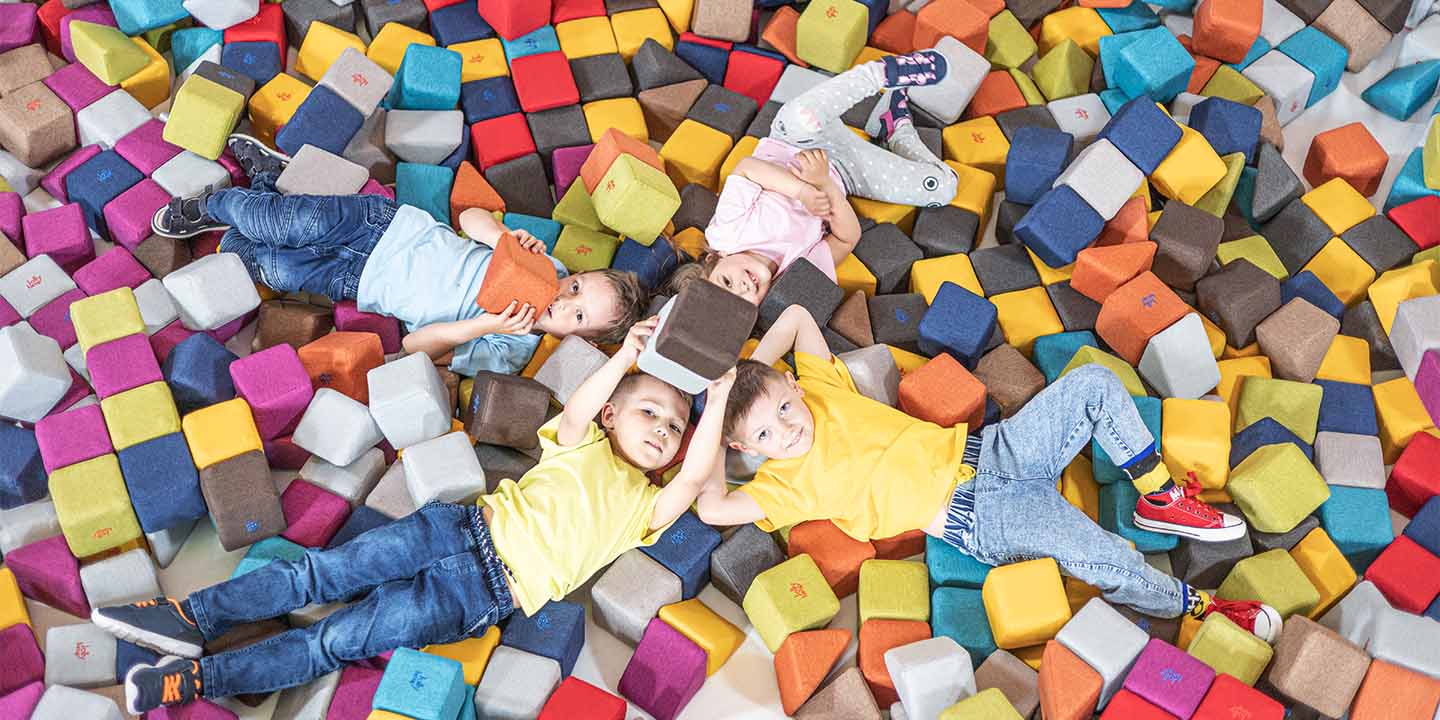
Risk-Taking Abilities
Soft play areas provide a safe environment for toddlers to test their limits and take calculated risks. Whether it’s trying to climb a taller structure or jumping from a higher step, these controlled challenges encourage toddlers to step out of their comfort zones. Understanding their physical capabilities and learning to assess risks is a valuable life skill that is nurtured in the safe confines of a soft play area. It helps in building confidence, self-esteem, and a sense of accomplishment when they overcome their fears.
Creativity and Imagination
The imaginative play is a significant part of the soft play experience. With structures that resemble castles, spaceships, or undersea worlds, toddlers are transported into realms of their imagination. This setting allows them to create stories, role-play, and explore endless possibilities, fostering creativity and divergent thinking. Encouraging creative play in such an immersive environment aids in the development of original thinking and problem-solving skills, crucial for future endeavors in any field.
Language and Communication Skills
The social environment of soft play encourages verbal interactions between toddlers, be it through sharing toys or organizing a game together. This need to communicate fosters language development and enhances their vocabulary as they learn new words and phrases from their peers. Moreover, toddlers learn to express their ideas, negotiate roles, and resolve conflicts, thereby honing their communication skills. Such interactions are foundational in building effective communication abilities, an essential skill for success in every aspect of life.
Bonding and Relationship Building
Soft play isn’t just beneficial for toddlers; it also offers a unique opportunity for parents, caregivers, and children to bond. Engaging in play together or simply being present in your child’s playtime supports emotional bonding and strengthens relationships. It provides a window for parents to observe and understand their child’s interests, strengths, and areas that may need encouragement. Furthermore, it is a shared experience that, when reminisced about, can bring smiles and laughter for years to come, reinforcing family ties and memories.
In conclusion, the benefits of soft play for toddlers span across multiple domains of development, making it an invaluable part of their growth and learning journey. From enhancing motor skills and sensory development to fostering social skills, creativity, and emotional well-being, soft play offers a multifaceted platform for toddlers to explore, learn, and most importantly, have fun. So, the next time you’re considering an activity for your little one, remember the vast developmental treasures hidden in the colorful, bouncy world of soft play.
Conclusion
In wrapping up, soft play isn’t just a fun excursion for toddlers; it’s a vital component of their physical and cognitive development. From nurturing sensory skills and motor competence to fostering social interactions and building confidence, the benefits are as substantial as they are varied. It provides a safe and stimulating environment for toddlers to explore and play, significantly contributing to their holistic growth. So, the next time you’re contemplating indoor activities for your little one, remember the manifold benefits soft play offers. Let them jump, slide, and play their way to developmental milestones, one soft block at a time!
